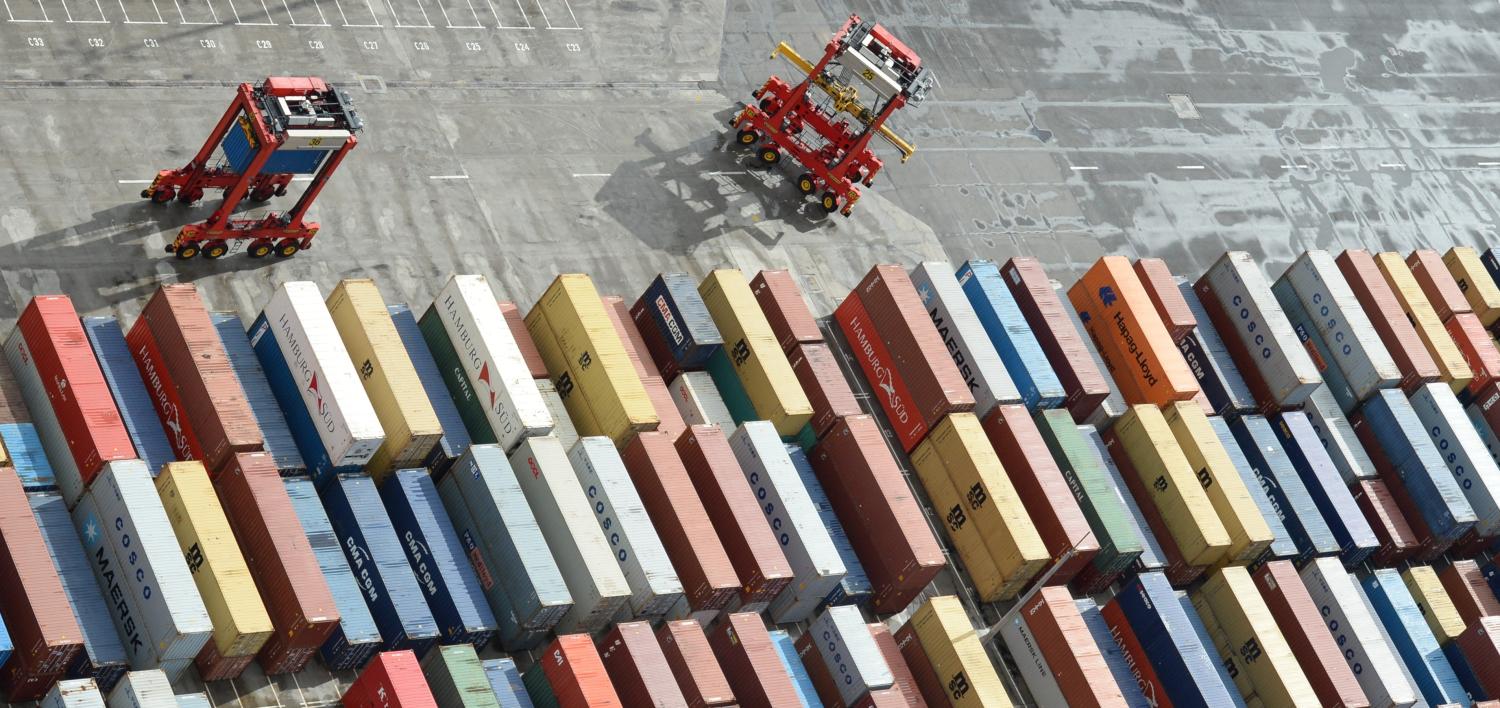In Choosing Openness, Andrew Leigh makes an important and timely intervention in the Australian debate about globalisation, free trade and immigration. This is, of course, a debate raging around the world, one that has seen Britain exit the EU, Donald Trump elected US President, Marine Le Pen challenge for the French Presidency, and Nazi sympathizers enter the German parliament.
From the outset, Leigh provides the perfect contrast of the winners and losers of globalisation. Nathan, a shift worker in an automotive glass plant in Geelong, lives in an area with 20% unemployment. A barrister living in the eastern suburbs of Sydney charges $10,000 a day. Leigh meets them both, in the same country, within weeks. Yet their experiences of the modern economy could be separated by thousands of miles and several decades.
Building on his earlier work on inequality, Leigh notes that over the past decades the incomes of the top 1%, and even more so the top 0.1%, have risen strongly. Meanwhile, income for those in the middle have seen much less impressive growth. Indeed, in the US, the median worker's income has not risen in real terms for around 30 years. Australia is doing a little better, Leigh reminds us, but there is a glaring disparity between the experience of the top of the income distribution and the middle.
But the real gist of Leigh’s contribution is to link these economic forces to social ones. He wants to explain why 'openness makes us uncomfortable', and he contends that, though economic forces play a role, there is more to it than that. According to Leigh, to explain Trump and Le Pen we need to think more broadly. He identifies four forces.
The first is the terrible economic outcomes for a large share of the population. Second, he points to technology. This is in part linked to economics, through automation and the impact on jobs. But Leigh is more interested in media technology — how we get our information. For Leigh, the 'new media ecosystem' allows us to choose our news and our facts, and provides fertile ground for conspiracy theories. Third, he gives due credit to 'political entrepreneurs' like Trump. Finally, he points to the vacuum left by the shrinking centre.
This strikes me as a pretty good diagnosis. But Dr Leigh is rarely content with understanding a problem. He wants to solve it. And in his characteristically persuasive and upbeat fashion, he goes on to make the case for trade, migration, and foreign investment. And, as is his style, these arguments are filled with compelling evidence.
The unifying theme running through the case for all three things - trade, migration, and foreign investment - is that they make the 'pie' bigger. Trade allows us to benefit from comparative advantage, selling our resources, agricultural products, even education, to a burgeoning Asian middle class. It also allows us to buy things from overseas much more cheaply. Migration fills skill gaps and enriches Australian society socially. Foreign investment provides a capital-thirsty Australia with the fuel to develop our good ideas and take them to the world.
The real question is how to make sure everyone benefits from this expanding pie. In my opinion, this is the great political question of our time, and Leigh grapples with it. In the final chapter, Leigh outlines a range of specific ideas to help re-slice the pie and keep Australia open. From tying skilled migration to labour-market needs to reviewing thresholds for foreign investment, Leigh has a policy tweak for seemingly every problem.
If I have a criticism of Leigh’s brilliant monograph, it is here. He wants to tinker. A little less of this, a little more of that. An adjustment here, an adjustment there.
Perhaps that’s the right answer, but I suspect it will take more. There is a battle of ideas raging that arguably requires a bold call to arms, not a series of technocratic innovations. Leigh leaves me wondering if, while we rewrite Australia’s foreign investment review process, a Le Pen type will capture a chunk of the Australian public by appealing to its gut rather than its mind.
It is ten years since Thomas Friedman’s now classic characterisation of globalisation in The World is Flat. In those ten years the winners and loser from globalisation have become even clearer, and the predictable backlash has gained political traction. It has taken an ugly tone at times.
In this wonderful monograph Andrew Leigh has provided us with a clear and compelling reminder of the challenges involved in remaining open — with all the benefits that ensue — while addressing the concerns of those hurt by openness.
